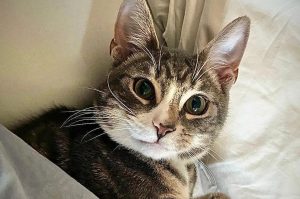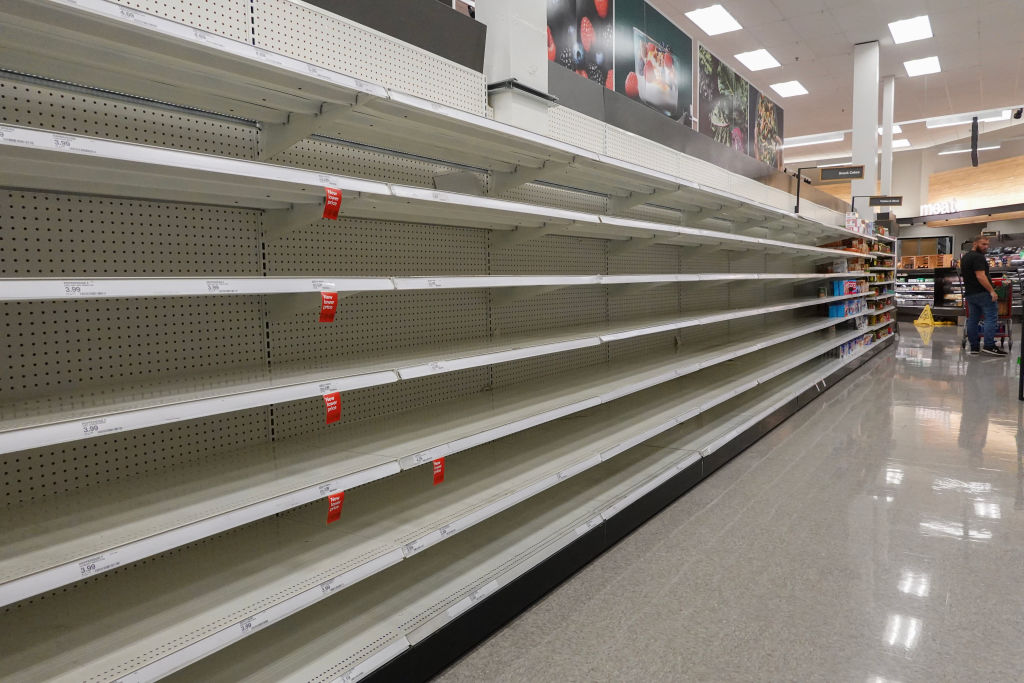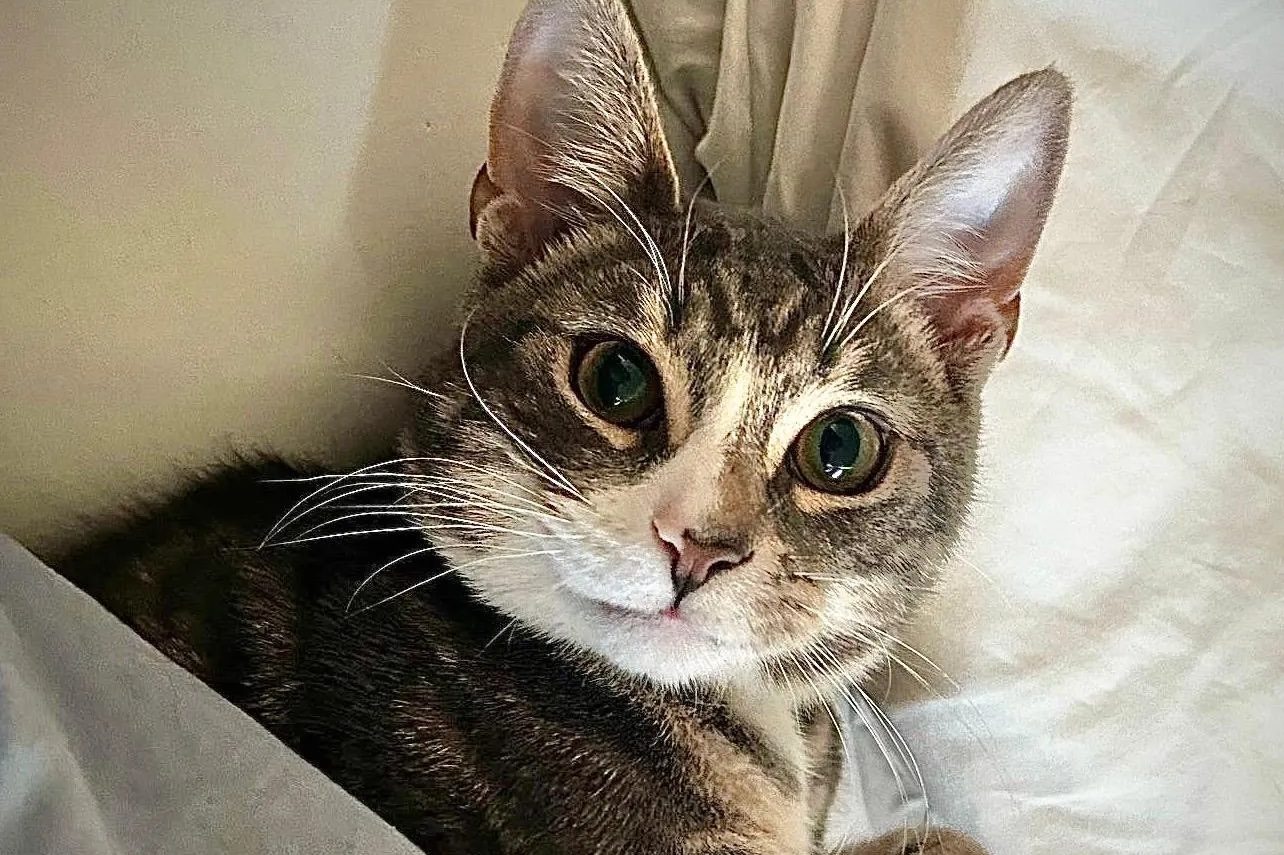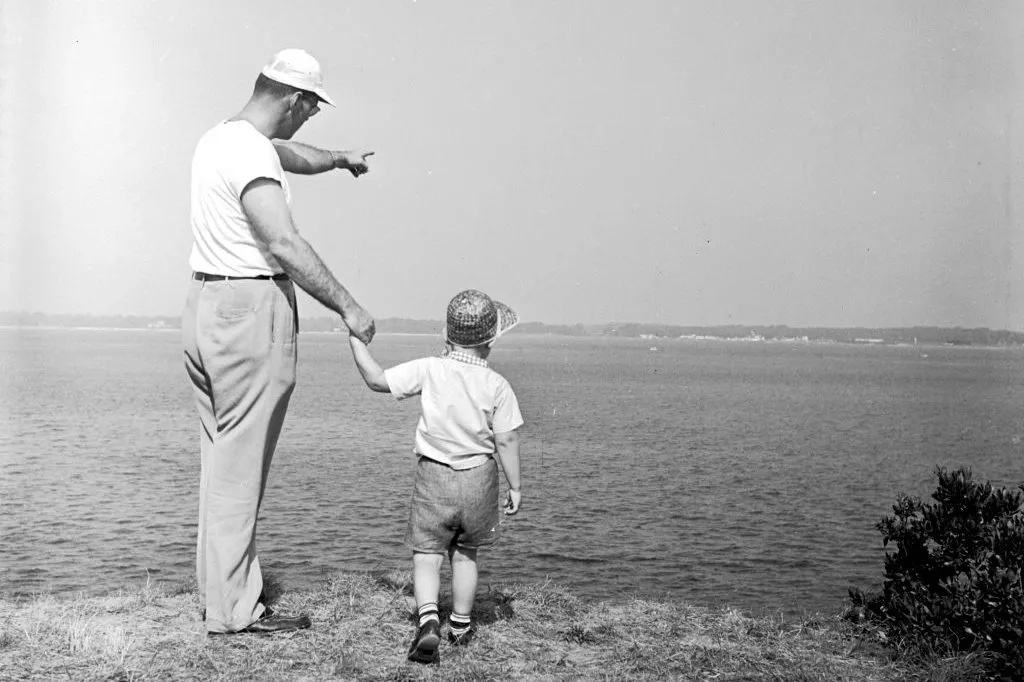Ever since I was a child, I’ve associated Christmas with my mentally disabled brother Chris. Technically, he’s my half-brother — I have four half-siblings and a whole one — but to refer to him that way feels a bit mean-spirited, as if I’m trying to put some distance between us. Is ‘mentally disabled’ the right term to describe him? When I was growing up, the psychiatrists had him down as ‘schizophrenic’, but he was later reclassified as suffering from Asperger’s syndrome. After that particular diagnosis fell out of fashion, he became, simply, ‘autistic’, which is probably accurate, although too vague to convey much about him.
Chris has been institutionalized since he was a teenager, either in hospitals or care homes. He needs quite a lot of looking after and, for a variety of reasons, my father Michael and his first wife didn’t feel up to it. He can be tricky. If you’re walking with him into a house or a room, he often gets rooted to the spot as if unable to cross the threshold. You can be standing beside him for what feels like hours as he makes tiny shuffling movements, seemingly making progress but not really, like the arrow in Zeno’s paradox. Yet sometimes he has the opposite problem, particularly when getting out of a car. He’ll spring out of the passenger seat and hare off down the road like Usain Bolt. He once did this at a traffic light on Marylebone Road, and Michael had to search for somewhere to park before he could give chase. Took hours to track him down.
Nothing like that has happened for a while — Chris is in his seventies
now — but when it did it was as if he were momentarily free. Most of the time, he’s not just unable to move from A to B, but mentally stuck too. He’ll start trying to tell you something and then, almost immediately, get tangled up and start swallowing his words. This can lead to a frustrating spiral in which the harder he tries, the less clear he becomes and sometimes he raises his voice in anger — not with himself, but with you for being unable to understand him.
I used to think I could help him unravel his thoughts and would articulate what it was I thought he was trying to say, eyeing him hopefully to see if I’d got it right. But he would always respond with a sad, plaintive look, and it was impossible to tell whether I’d cracked the code. Probably not. Often, his carers will do this, completing his sentences for him, and then responding. He seems to enjoy this back and forth, and will punctuate the exchanges with ‘yeah, yeah, yeah’. But if you pay close attention, it’s as if they’re having a conversation with themselves and he’s just eavesdropping.
Michael was plagued by guilt about Chris, and not just because he’d put him in a ‘home’. Intellectually, he knew that Chris’s condition was genetically based, as most forms of mental disability are, but emotionally he couldn’t help blaming himself.
In some part of his mind, it was linked to the collapse of his first marriage and his shortcomings as a husband and father. Because of this, he was, in fact, an extremely conscientious parent to Chris, supervising his care, moving him from one place to another in search of the ideal environment, visiting him every other Sunday. My father was more or less adopted by an American heiress called Dorothy Elmhirst at the age of 13 and she left him some money which he put in a trust for Chris. This wasn’t just to fund his care, but also to pay for a ‘cure’ in the unlikely event that anyone should come up with one.
Every Christmas Eve, Michael would drive to Chris’s care home — latterly, Stallcombe House in south Devon — and bring him to stay with us in London. On Christmas Day, he would be a kind of spectral presence, standing at the edge of the room, stepping from side to side, hands clasping a glass of beer. He has a habit of watching people intently, almost suspiciously, like a wild animal on the lookout out for potential predators. It can be disconcerting if you’re the one being stared at, not least because you sense something intelligent behind those eyes. You get the impression that there’s a smart person trapped in there, unable to connect with the world. The signals have been scrambled and no one has the encryption key.
Michael died in 2002 and my sister Sophie, who’s a nurse, has taken on the lion’s share of responsibility for Chris. I’m a patron of his care home and go and open the summer fête each year, but don’t do much besides that. Sophie lives in Devon about 30 minutes’ drive from Stallcombe so she’s his main visitor. She also supervises his care and manages his trust. At Christmas time, his extended family now go to him and we all have lunch together in a pub. I like seeing Chris with my children — they’re gentle and tender in a way they’re not with most other people. He has a white beard now and there’s an air of pathos about him, particularly when he smiles to reveal some missing teeth.
Chris was the cause of one of the most shaming moments of my life – and God knows there have been plenty of them. I was 17 and getting a lift somewhere with an older man, a friend of my sister’s. Christmas was approaching and Chris was on my mind and I started complaining about him. About the fact that he soaked up so much of my father’s attention, that he was the sole beneficiary of this trust fund. Sibling rivalry, I guess, which often brings out the worst in people. Anyway, this man couldn’t believe what he was hearing. I can still conjure up the look on his face as if it happened yesterday. He turned to me, barely able to conceal his moral disgust, and said: ‘Maybe his need is greater than yours.’
Bang. Direct hit. Then the shame — crimson heat spreading across my face. Of course Chris’s need was greater than mine. What was I thinking? I was so horrified by myself I was never able to look that man in the face again. My poor, poor brother, permanently marooned on a desert island of the mind. I’ll be seeing him this Christmas. I must remember to tell him I love him.
This article was originally published in The Spectator’s UK magazine. Subscribe to the US edition here.


























